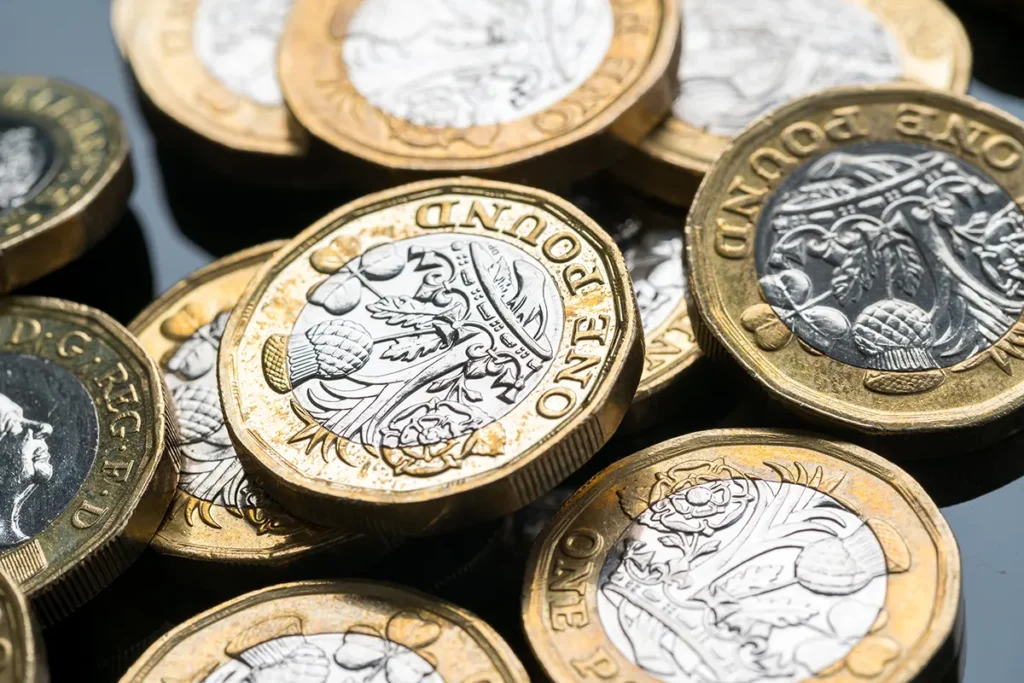In 2023, stepping out without a penny in your pocket isn’t an oversight – it’s the norm. But as we embrace the digital age, are we bidding adieu to the jingle of coins and the rustle of banknotes? Let’s delve into the world of cashless transactions, weighing the benefits against the drawbacks. Will the allure of physical cash ever truly fade away?
The Pros
Efficiency and convenience
Remember the days of waiting for change at the counter? Digital payments have streamlined this process, making transactions swift and hassle-free. No more fumbling for coins or worrying about worn-out notes. The world of commerce has never been this brisk.
Reduced crime
With no tangible cash to steal, burglars might just hang up their boots. A society without physical currency could mean fewer muggings, fewer break-ins, and overall, a safer environment for its citizens.
Better financial tracking
Ever tried retracing your expenses from a month ago? With digital transactions, every penny spent is accounted for. This not only aids individuals in budgeting but also helps government agencies ensure tax compliance. It’s like having a financial diary that writes itself!
The Cons
Privacy concerns
Imagine a world where buying a surprise gift isn’t a secret anymore. Every transaction, no matter how trivial, becomes a digital footprint. This could lead to targeted ads, or worse, a breach of personal privacy.
Technology dependence
Ever been in a power cut and realised how dependent we are on electricity? Similarly, a cashless society is at the mercy of technology. A minor glitch could halt transactions, revealing the fragility of our digital dependence.
Exclusion
While the urban elite might transition smoothly, what about Grandma who’s still wary of online banking? Or those in remote areas with no internet? A cashless society might inadvertently create a divide, leaving many behind.
Will we ever become completely cashless?

The nostalgia of cash
There’s something about holding a crisp note or hearing the clink of coins. It’s tangible, real, and for many, irreplaceable.
The convenience of cash
In some scenarios, cash is still king. Think about tipping your waiter or making a quick purchase at a local stall. Digital might be the future, but cash still has its moments.
The future of money
The horizon of finance is evolving. From QR codes to cryptocurrencies, the face of money is changing. But whether we dive headfirst into a cashless abyss or tread cautiously, one thing’s for sure – the future is in our hands.
In conclusion, the journey towards a cashless society is filled with promise and pitfalls. It’s a dance of progress and nostalgia, of convenience and caution. As we stride into the future, it’s essential to ensure that no one is left behind.
FAQs
- Why are countries moving towards a cashless society?
It’s mainly due to the efficiency, safety, and traceability that digital transactions offer. - Are there countries that are already cashless?
No country is entirely cashless, but many, like Sweden, are moving significantly in that direction. - What are the risks of a cashless society?
Privacy breaches, technological dependence, and societal exclusion are some of the main concerns. - How can one ensure privacy in a cashless world?
Using secure platforms, regularly updating passwords, and being aware of digital footprints can help. - Will cash ever become obsolete?
It’s hard to predict, but while its usage might diminish, it’s unlikely to disappear entirely.









